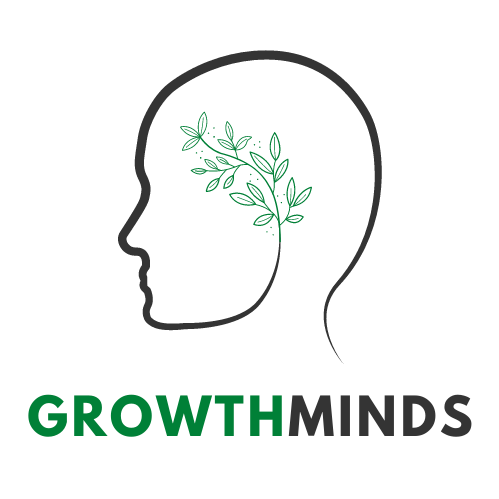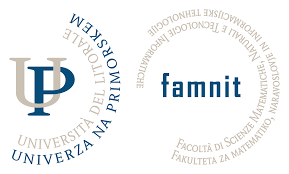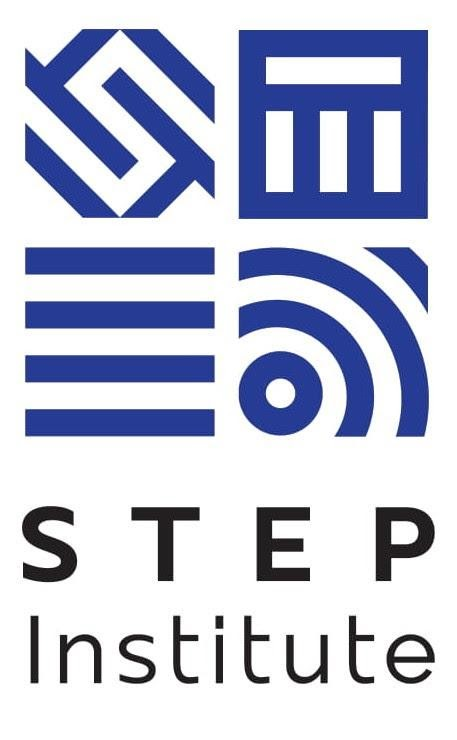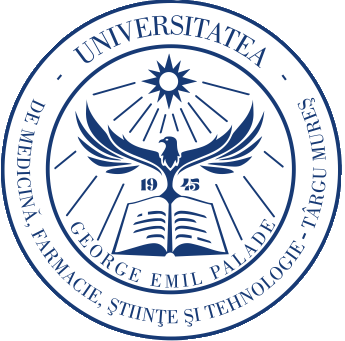PARTNERS
University of Primorska – Slovenia
Univerza na Primorskem (UP), Slovenia’s third largest public university, was established in 2003 as a centre of knowledge implementing European educational strategies. The main objective of this vibrant university is to carry out high quality study and research programmes, implementing and integrating them with the educational, intellectual and research potential in accordance with EU strategies. UP is a young university, established to satisfy regional demands and needs for quality higher educational programmes in the bilingual area, where Slovenian and Italian cultures are historically intertwined. It also aims to produce a beneficial co-existence and close collaboration with the industry. UP provides an active, interdisciplinary research and study environment based on two fundamental pillars: mathematics, natural sciences and technology, and humanities and social sciences. By incorporating both pillars in research and study activities UP achieves improved interdisciplinary collaboration and improved international co-operation with the world’s leading institutions and researchers.
STEP Institute – Slovenia
STEP Institute aims at empowering educators for better functioning in the school environment through innovative methods. As such STEP’s interdisciplinary team addresses complex challenges in the school environment, provide evidence-based and practice-driven courses and promote continuous professional development across Europe.
Balıkesir University – Turkey
Balikesir University (BAUN) is one of the leading universities in Turkey with an approximate student population of 40,000. It consists of 12 faculties, 4 postgraduate institutes, 12 vocational colleges, and 21 research centers. Department of ICT for Learning (Instructional Design & Development) will actively take place in the proposed project.
Department of ICT for Learning (Instructional Design & Development) is developing and delivering training programs that enhance the pedagogical, technological, and subject-matter knowledge. It is also aimed at training learners in relation to the development of professionalism in different areas. The department provides courses for developing ICT-based training solutions. Department of ICT at Balikesir University works with public and private organizations and cooperations. It has good connections and cooperative relations with all education centers, schools and training centers. Department of ICT is actively involved in many training seminars, workshops, learning certificates for adults. Department of ICT undertakes interdisciplinary research in ICT education as well as integrates and employs innovative methods and applications within different subject matters.
Department of ICT is aimed at preparing learners who could work as an educational technology expert or consultant in both public and private sector. After four-year education, graduates are expected to become knowledgeable about emerging technologies, know how to integrate technology into learning settings, use different tools to help meet educational needs, employ scientific research processes, and exhibit characteristics of well-qualified trainers.
One of the main objectives of the Department of ICT is to use newest technologies, conducts scientific projects, and develop projects which contributes significantly to science and human welfare.
The University of Medicine, Pharmacy, Science and Technology G.E. PALADE of Târgu Mureş – Romania
The University of Medicine, Pharmacy, Science and Technology G.E. PALADE of Târgu Mureş (UMFST) is a dynamic, multicultural, powerful and fast developing university, whose core ideals are professionalism and performance. The UMFST is as an accredited public education institution, the only Romanian university in the field of Health, with study programs in Romanian, Hungarian, and English. The number of students has increased significantly over the past 3 years, being higher than 10000 students. The University structure contains 7 faculties as follows: Faculty of Medicine, Faculty of English Medicine, Faculty of Dentistry, Faculty of Pharmacy, Faculty of Sciences and Letters, Faculty of Engineering and Information Technology, Faculty of Economic and Law. UMFST provides 35 bachelor programs, 38 master studies and 7 doctoral domains. There are also activities of lifelong training for the specialists in areas where our university has the necessary competence; and it stimulates regional activity in the scientific, cultural, technical, economic and social field. The Faculties are involved in numerous national and international projects, including many ERASMUS+ projects. UMFST has signed 159 international agreements with universities all around the world. The two components of its main activity (education and research) are kept in a balance under a quantitative and qualitative aspects, in a relatively equal proportion. Based on its educational and research activities results, UMFST started to be evaluated and to be represented in many international ranking.
University of Klagenfurt – Austria
The University of Klagenfurt (AAU) was founded in 1970 and has successfully established itself as an important voice for strengthening the canon of Austrian universities. Around 1,500 employees strive for top performance at the highest level in teaching, research and university administration. A total of 34 departments, distributed among the university’s four faculties, serve as working and research facilities. More than 11,600 students attend the University of Klagenfurt for study and research purposes, including around 2,000 students from abroad.
According to the mission statement of University of Klagenfurt, one of the central tasks is to overcome borders through research, teaching and many active cooperation projects in the region and beyond. In the educational area, AAU aims to cooperate with partner institutions in all regions of the world in order to promote the mobility and further development of the European and global higher education area and to further enhance its visibility and competitiveness within the international scientific community.
Since its foundation in the year 1976, the Institute of Instructional and School Development (IUS) has successfully contributed to the AAU’s purposes of study and research. The IUS develops science based and practice-oriented interventions for educational settings and examines their impacts upon the different levels of the educational system. The IUS stands for a whole range of perspectives and a variety of methodological approaches that guarantees suitably targeted innovations in the school and teaching sector.






